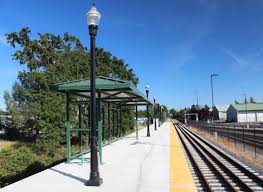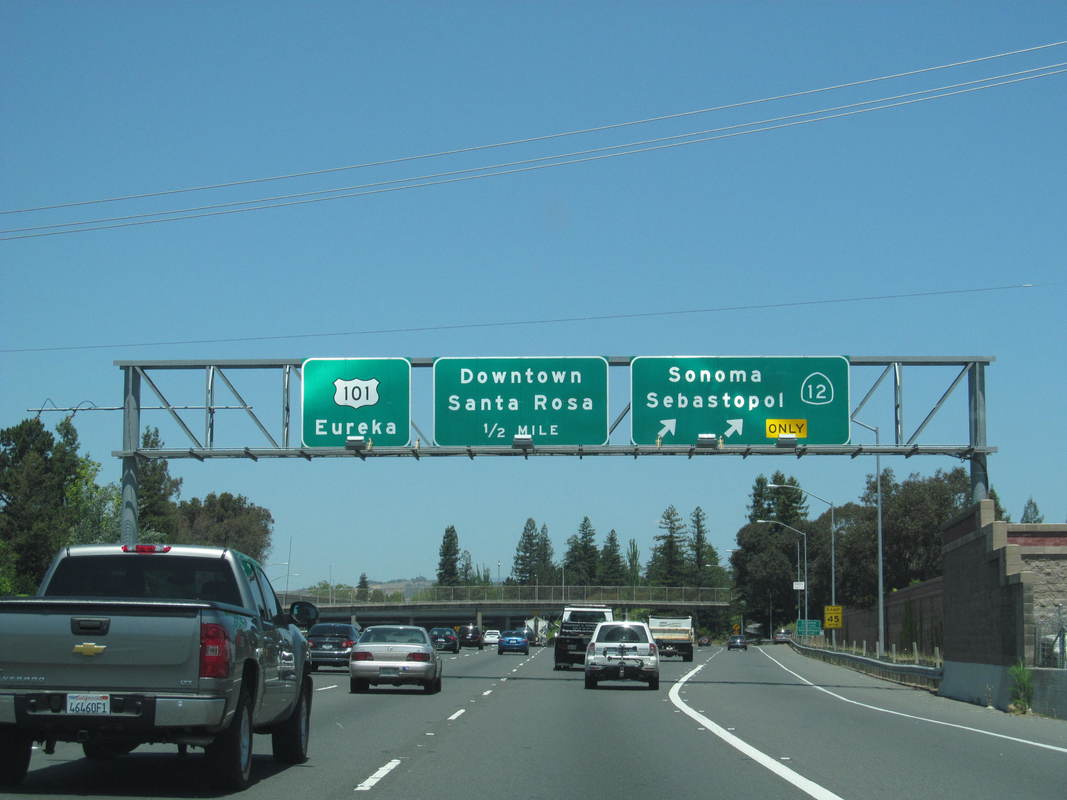|
In 2016, Proposition 64, and in 2018, AB 1793, told Californians that the records of low-level marijuana-related arrests and convictions would be automatically sealed in light of the fact that cannabis was now legal under state law, allowing people to move on with their lives without serving the life sentence of dealing with the collateral consequences which often result from having a criminal history. While AB 1793 required the automatic sealing of cannabis records, the records of tens of thousands throughout the state have not yet been sealed.
In a state where more than 12,000 cannabis licenses have been issued, California has a moral and economic imperative to not leave tens of thousands of residents with cannabis criminal records behind, especially those people of color, disproportionately targeted by the War on Drugs. Data suggests that many who are eligible for resentencing or redesignation are unaware of the process established by the initiative, or lack the resources to navigate the process on their own. To address this, AB 1793, created an automatic process for certain marijuana-related convictions, and established the following deadlines:
Unfortunately, neither Proposition 64 nor AB 1793 set forth a deadline by which local courts needed to process the challenges, nor did they include a deadline for the DOJ to update its criminal record database. According to an investigation by the Los Angeles Times, there are at least 34,000 cannabis-related records that still have not been fully processed by the courts, despite the long-passed January 1, 2020 deadline.[1] Following the passage of AB 1706 this past year, all convictions eligible for relief under Proposition 64 that have not been challenged by the prosecution as unchallenged are deemed recalled, dismissed and/or redesignated, as applicable. This bill would establish a deadline of March 1, 2023 for the courts, on their own accord, to automatically resentence or redesignate all eligible convictions, in cases where the prosecution did not file a challenge by the original January 1, 2020 deadline. This bill further requires that the courts update their records and report all convictions that have been recalled and redesignated to the DOJ by March 1, 2023, and requires the DOJ update its records in the state summary criminal history database by no later than July 1, 2023. With any luck, this will help thousands through the state move on with their lives in a more productive manner. If you need help with any pending drug-related charge in the North Bay, reach out to Devina here. _______ [1] The Truth About California’s Promise To Clear Marijuana Convictions, Los Angeles Times. In California, manslaughter is the unlawful killing of a human being without malice[1] and is divided into three kinds: voluntary, involuntary and vehicular. For the purposes of this article, we’re going to focus on this last type: vehicular.
There are three general ways a person could commit the crime of vehicular manslaughter:
Under a change in the law, effective January 2023, meant to curb dangerous driving activity, for the purposes of determining whether an act constitutes vehicular manslaughter, “gross negligence” includes: (1) Participating in a sideshow, (2) an exhibition of speed,[5] and (3) speeding over 100 miles per hour. This change comes on the heels of the California Highway Patrol launching the Communities Against Racing and Side Shows campaign in October 2020, a campaign focusing on statewide public awareness campaigns on speed-related crashes and focused enforcement. According to the Department of the California Highway Patrol, in 2021, CHP responded to almost 6,000 street races and sideshows, issuing 2,500 citations statewide, making 87 arrests, and recovering 17 firearms. As illegal street racing becomes a more prevalent problem statewide, the National Highway Traffic Safety Association (NHTSA) has reported that these type of dangerous driving activity are often associated with other risky behavior including driving under the influence of drugs or alcohol and driving without a seatbelt, and there is a strong link between most fatal crashes and risky driving. As indicated by the legislature when the bill underlying this change in the law was introduced, there is a feeling that “repeat reckless driving and excessive speeding offenders fail to see the potential consequences of their actions and do not believe their behavior possess a threat to those around them, feeling instead they have everything under control, until their reckless behavior turns their vehicle into a deadly weapon ‘accidentally’ harming other motorists and pedestrians.” So if you’re thinking of taking part in sideshows, be aware! If you have been charged with a crime related to sideshow activity and would like to speak with Devina regarding representation, feel free to reach out to her here. [1] Malice can be express or implied. (Pen. Code § 188.) It is express when there is manifested a deliberate intention unlawfully to take away the life of a fellow creature. It is implied, when no considerable provocation appears, or when the circumstances attending the killing show an abandoned and malignant heart. [2] This is punishable by a wobbler with up to one year in county jail or state prison for two, four, or six years. [3] This is punishable by imprisonment in the county jail by not more than one year. [4] This is punishable by imprisonment in the state prison for four, six or 10 years. [5] This includes burning out tires, revving engines, circling, and other activity intended for an audience or “sideshow” that ultimately leads to a speed contest. |
AuthorDevina strives to make information relevant to the lives of her clients easily accessible. Archives
July 2024
Categories
All
|
Proudly serving Sonoma, Marin, Napa, Mendocino and Lake Counties (and occasionally venturing as far as Yolo, Santa Clara and San Mateo Counties).
Proudly powered by Weebly
This website is for informational purposes only and does not provide legal advice. Do not act or refrain from acting based on anything you read on this site. Using this site or communicating with the Law Office of Devina Douglas through this site does not form an attorney/client relationship. This site is legal advertising. Please review the full disclaimer for more information. (LINK TO FULL DISCLAIMER PAGE)

 RSS Feed
RSS Feed




